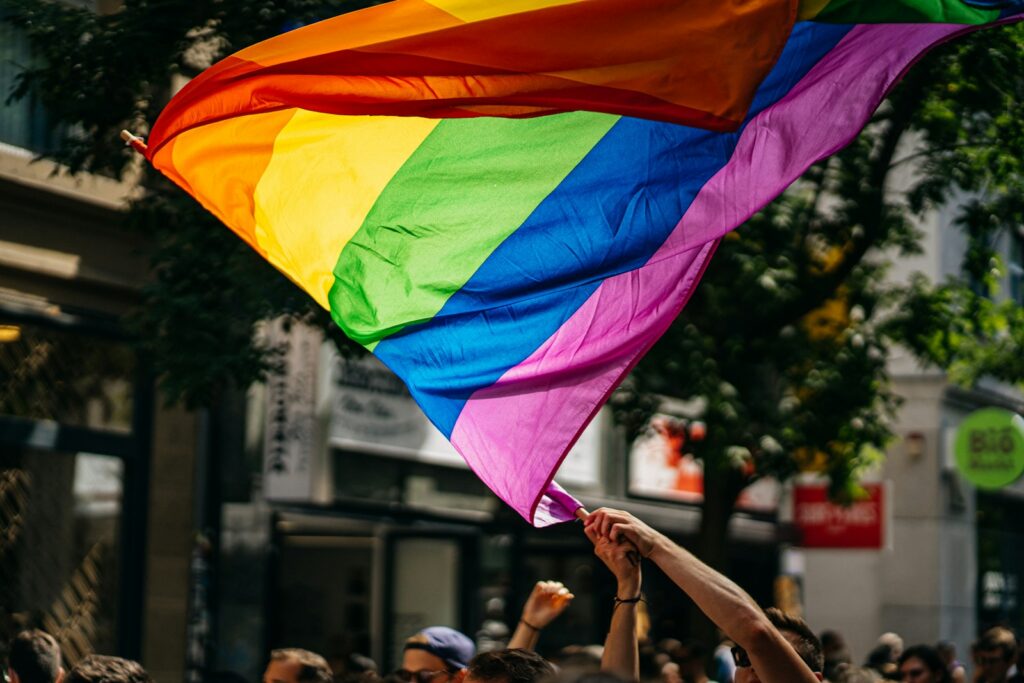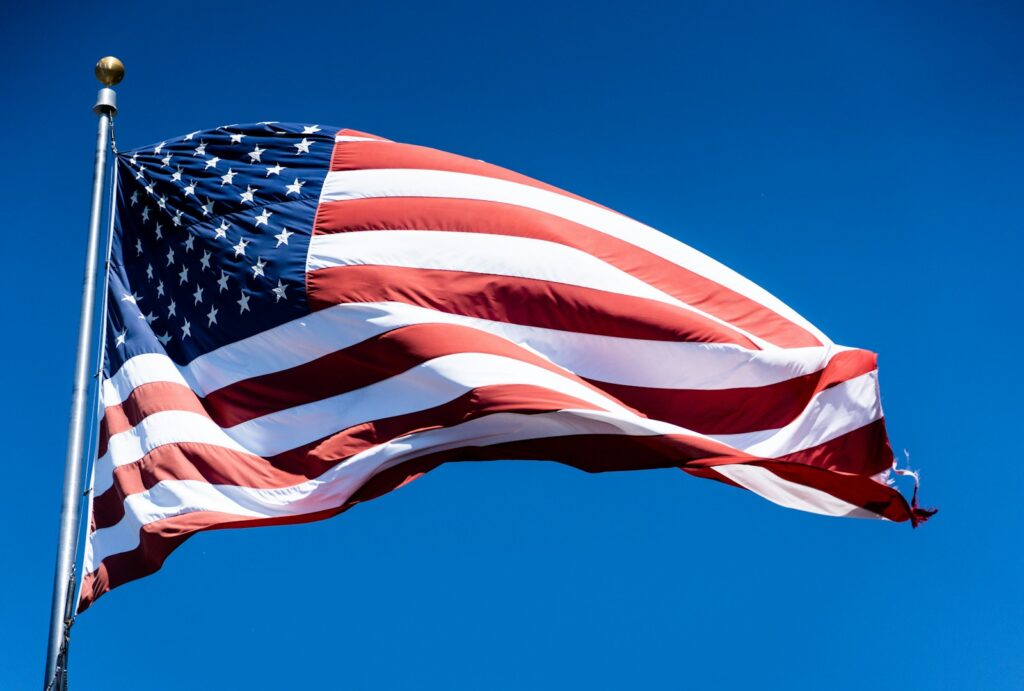
During the opening match of the 2023 FIFA Women’s World Cup, the United States Women’s National Team (USWNT) became the focus of a national conversation when most of its players remained silent during the playing of “The Star-Spangled Banner.” Though all eleven starters stood on the field, only three—Julie Ertz, Alyssa Naeher, and Lindsey Horan—were seen mouthing the lyrics. The rest stood quietly, without singing or placing a hand over the heart.
This collective yet understated posture sparked widespread attention. Conservative commentators, politicians, and media outlets quickly weighed in, interpreting the gesture as a political statement or perceived lack of patriotism. Online reactions ranged from outrage to support, marking the anthem behavior as a key flashpoint of the tournament.

A History of Activism and Individual Expression
The USWNT’s relationship with the national anthem has long been shaped by its broader engagement with social issues. Over the years, players have used their platform to advocate for racial justice, LGBTQ+ rights, and pay equity. Within this context, their actions during the anthem were viewed by many as part of an ongoing discourse about national identity, dissent, and freedom of expression.
Defender Naomi Girma addressed the public reaction succinctly. “When we’re out there, we’re preparing for the game. And that isn’t the focus,” she said. She added, “Ultimately, every player has the choice. I think that’s what I would say.” Her remarks highlighted the team’s emphasis on personal autonomy rather than collective protest.

Silent Stance vs. Global Expectations
The USWNT’s quiet stance drew direct comparisons to other national teams. During the 2022 men’s World Cup, most U.S. male players were seen singing the anthem. More striking, however, was the contrast with their opening opponents from Vietnam. During their anthem, “Tiến Quân Ca,” the Vietnamese players sang loudly in unison, with right hands placed firmly over their hearts, displaying a unified expression of national pride.
This side-by-side moment became a focal point for critics, who argued that the USWNT’s subdued demeanor failed to meet the expectations traditionally associated with representing a nation on the global stage.
Public Reaction and Media Firestorm
The anthem behavior prompted heated debate across media platforms. Conservative figures accused the players of disrespecting the country and the military. Commentator Megyn Kelly used her SiriusXM show to criticize the team, describing their silence and posture as an embarrassment.
At the same time, many supporters defended the players. A widely shared social media post stated, “Grateful to live in a country you aren’t forced to sing or have a hand on your heart. Makes it so much more meaningful when you do it. I see the choice not to just as patriotic because of that.” These sentiments echoed broader American ideals around freedom of choice and voluntary expression.

Megan Rapinoe and the Legacy of Protest
Megan Rapinoe has been one of the most visible figures in connecting sports with activism. In 2016, she knelt during the national anthem in solidarity with NFL quarterback Colin Kaepernick. She later explained, “It is because of my utmost respect for the flag and the promise it represents that I have chosen to demonstrate in this way.”
Rapinoe’s actions and words have positioned her as a symbol of athlete-led protest in the United States. Her stance has continued to shape public perception of the team’s approach to national symbols, even as she prepared for her final tournament before retirement.

Evolving Methods of Advocacy
In 2021, the USWNT shifted its strategy. Rather than continue kneeling during the anthem, the team chose to focus on behind-the-scenes actions to address racial and gender inequities. This marked a transition from visible protest to sustained internal advocacy, reflecting a broader commitment to change without always engaging in symbolic gestures.
During the 2023 World Cup, this evolution was evident. Although most players stood in silence, their varied postures—some with hands by their sides, others over their hearts—suggested a spectrum of personal expression rather than a coordinated protest.

On-Field Impact and Tournament Performance
While the anthem conduct dominated headlines, the USWNT’s performance in the tournament became another focal point. Their opening 3-0 victory against Vietnam demonstrated strong form. However, two subsequent draws against the Netherlands and Portugal led them to finish second in Group E, prompting concerns about their dominance.
The controversy surrounding the anthem persisted into the knockout stage. Prior to their match against Sweden, six players were again observed not singing the anthem. Their consistency in maintaining personal autonomy continued to fuel the broader national conversation.

A Defining Exit and Lingering Questions
The Round of 16 match against Sweden ended in heartbreak. After a scoreless draw, the USWNT was eliminated in a tense penalty shootout. Missed attempts by key players including Megan Rapinoe and Sophia Smith proved decisive. Kelley O’Hara’s miss sealed the defeat, resulting in the team’s earliest World Cup exit in history.
This loss added another dimension to the public discourse, intertwining questions of athletic performance with cultural expectations. Rapinoe’s retirement following the tournament brought further reflection on her legacy as both a player and a social advocate.

The silent stance during the 2023 Women’s World Cup became more than a brief moment of controversy. It illuminated ongoing tensions in American society over patriotism, protest, and personal freedom. For some, the team’s actions were viewed as a powerful assertion of individual rights. For others, they symbolized a perceived disconnect between representation and national pride.
As discussions continue, the USWNT’s World Cup campaign remains a defining case study in the intersection of sports and civic expression. Their legacy will not be remembered solely for wins and losses, but also for the values they chose to express—or withhold—on one of the world’s biggest stages.m’s quiet protests, whether seen as disrespectful or as a powerful exercise of freedom, will undoubtedly remain a significant chapter in the ongoing dialogue about sports, society, and national values.



